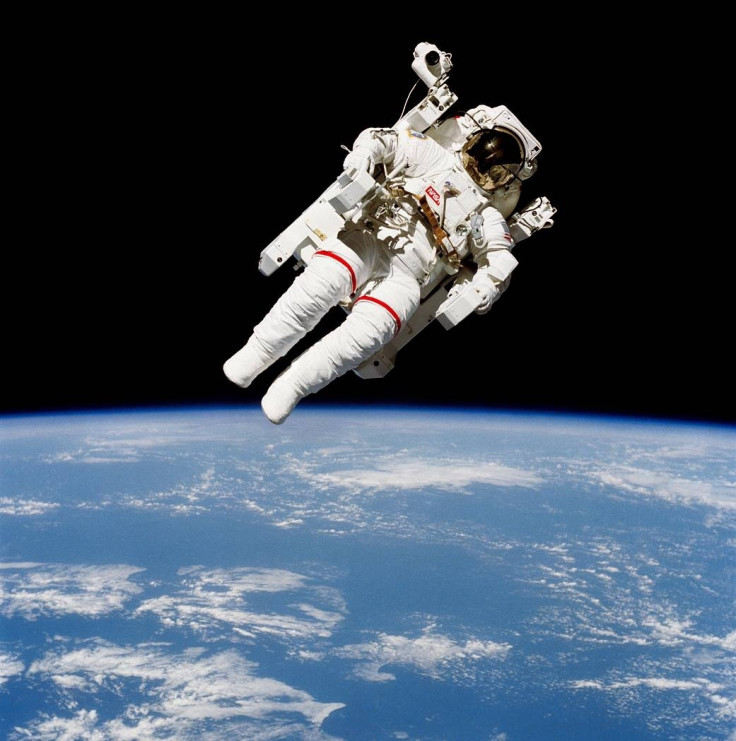What is space fever? Prolonged time spent in zero gravity has a weird effect on astronauts' bodies
Body temperatures have been found to increase rapidly with exercise in space.

Astronauts who spend extended amounts of time in space have been found to suffer from a strange "space fever". When people are in the weightlessness of space for more than two-and-a-half months, their core body temperature (CBT) has been found to rise by one degree Celsius.
This rise in the body's core temperature, a new study has found, is also not something that space travellers experience right away. Rather, it is something that gets built up over time, reported the Independent. The report mentioned that even small changes in body temperature can affect the mental and physical performance of humans. So this finding could have a profound impact on the way space travel is approached, especially with the next big target for humans, Mars, at least 300 days, or about seven months, away.
"This space fever, as we may call it, has potential implications for long-term spaceflights in terms of astronauts' health, well-being and support," researchers wrote in their study, which was first published in Nature.com.
When the body is active, or as the paper called it, "at exercise", the CBT of humans in space has been found to rise rapidly at a rate that is higher and faster than on Earth. Apart from this rise, the CBT of humans has also been found to increase in resting conditions as well. This rise has been linked with the "augmented concentrations of interleukin-1 receptor antagonist, a key anti-inflammatory protein", according to the paper.
These rapid changes in CBT, noted the study, pointed to certain "crucial physiological challenges for spacefaring civilisations" and brings to the fore the "assumption of a thermoregulatory set point in humans, and our evolutionary ability to adapt to climate changes on Earth".
As to why this happens in space, more than on Earth, the study mentions that reduced gravity has the effect of reduced connective heat transfer, or the transfer of heat through touching. It might not be that obvious to many, but humans are constantly in physical contact with multiple objects and things through which heat can escape. In space, this might not always be the case. Reduced gravity also affects evaporation and makes it less efficient, so sweating is also impaired, making it difficult for the body to regulate its own heat.
Such transfers of heat can be felt by astronauts during periods of exercise, noted the study, where over 80% of the energy used up is directly converted to heat. This falls directly in line with reports of astronauts speaking of how heat stress is a real issue when exercising. The discomfort caused by heat when they are active is well known by those who have spent time in space.
The paper noted that space flight could lead to inflammatory responses as well, which are triggered by the interleukin-1 receptor antagonist.
The research involved studying 11 astronauts before they left for the International Space Station (ISS), during their stay there, and their CBT levels after they returned. During exercise, astronaut's body temperatures sometimes crossed 40 degrees, from a healthy 37 degrees. This fluctuation on Earth could lead to fatalities.






